Advanced electromyography testing that pinpoints exactly what’s causing your nerve pain, muscle weakness, or numbness.
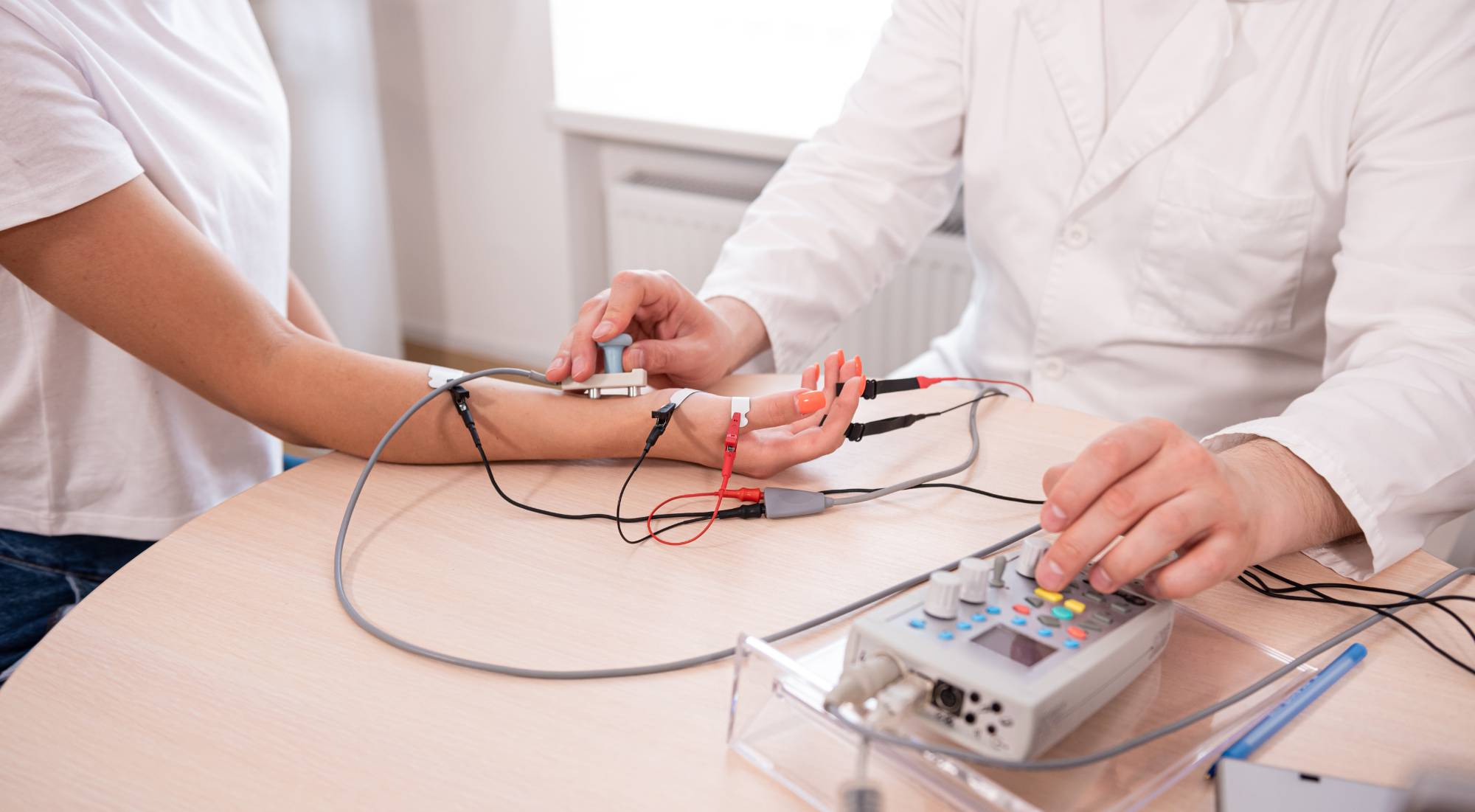
Reviews
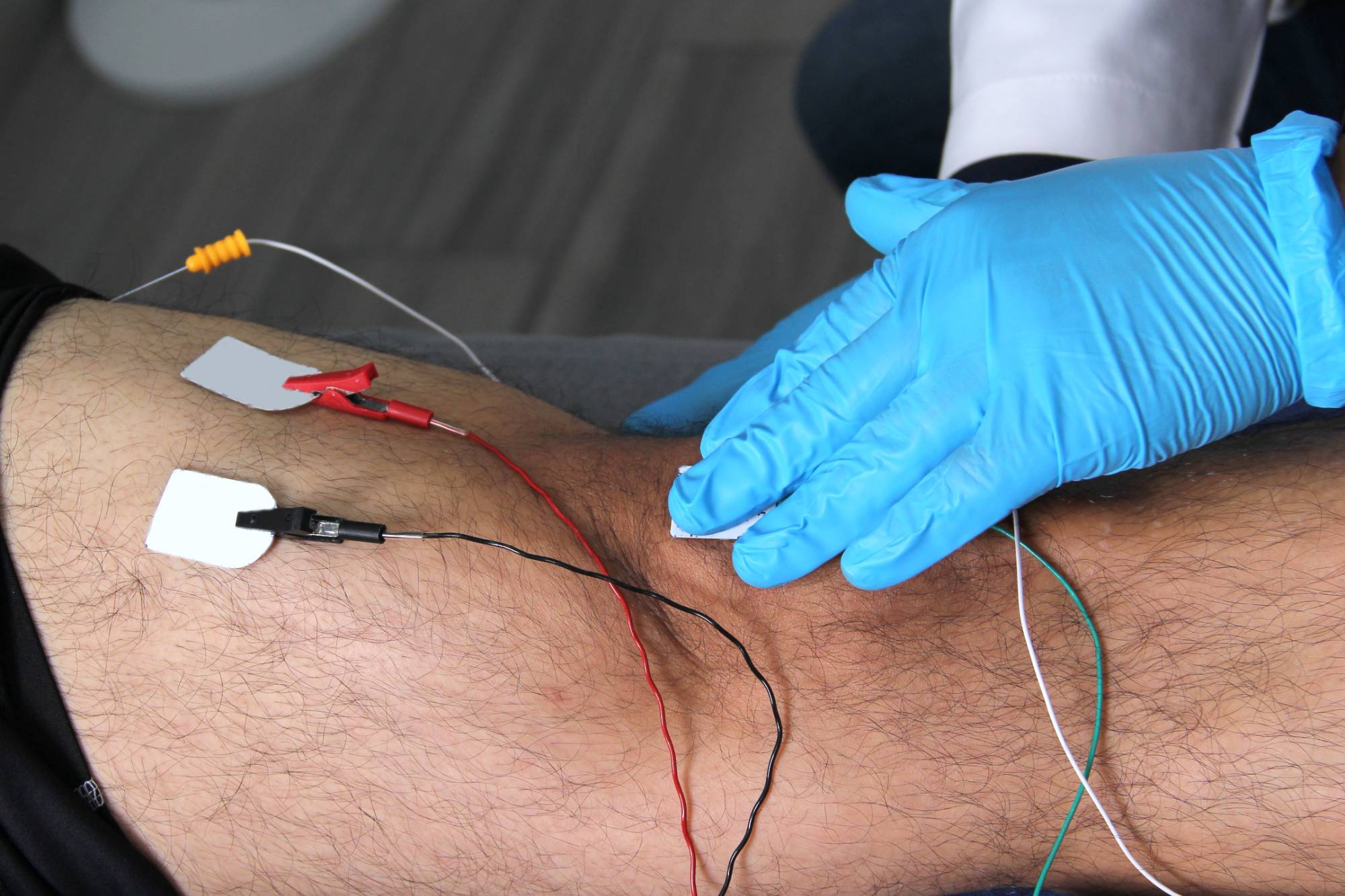
You’ve been dealing with unexplained tingling, numbness, or muscle weakness for too long. Maybe it’s affecting your sleep, making work difficult, or limiting what you can do with your family.
EMG testing gives you concrete answers. Instead of guessing about what’s causing your symptoms, you’ll know exactly which nerves or muscles are affected and how severe the problem is.
With clear diagnostic results, your treatment plan becomes focused and effective. No more trial-and-error approaches or wondering if you’re getting the right care for your specific condition.
NY Spine Medicine has been serving Bird Grove West residents with specialized diagnostic testing and spine care for years. We understand that accurate diagnosis is the foundation of effective treatment.
Our specialists have performed thousands of EMG tests, giving us the expertise to detect even subtle nerve and muscle abnormalities. We know how to make the testing process as comfortable as possible while ensuring precise, reliable results.
When you need answers about your symptoms, you want doctors who’ve seen it all and know exactly what they’re looking for.
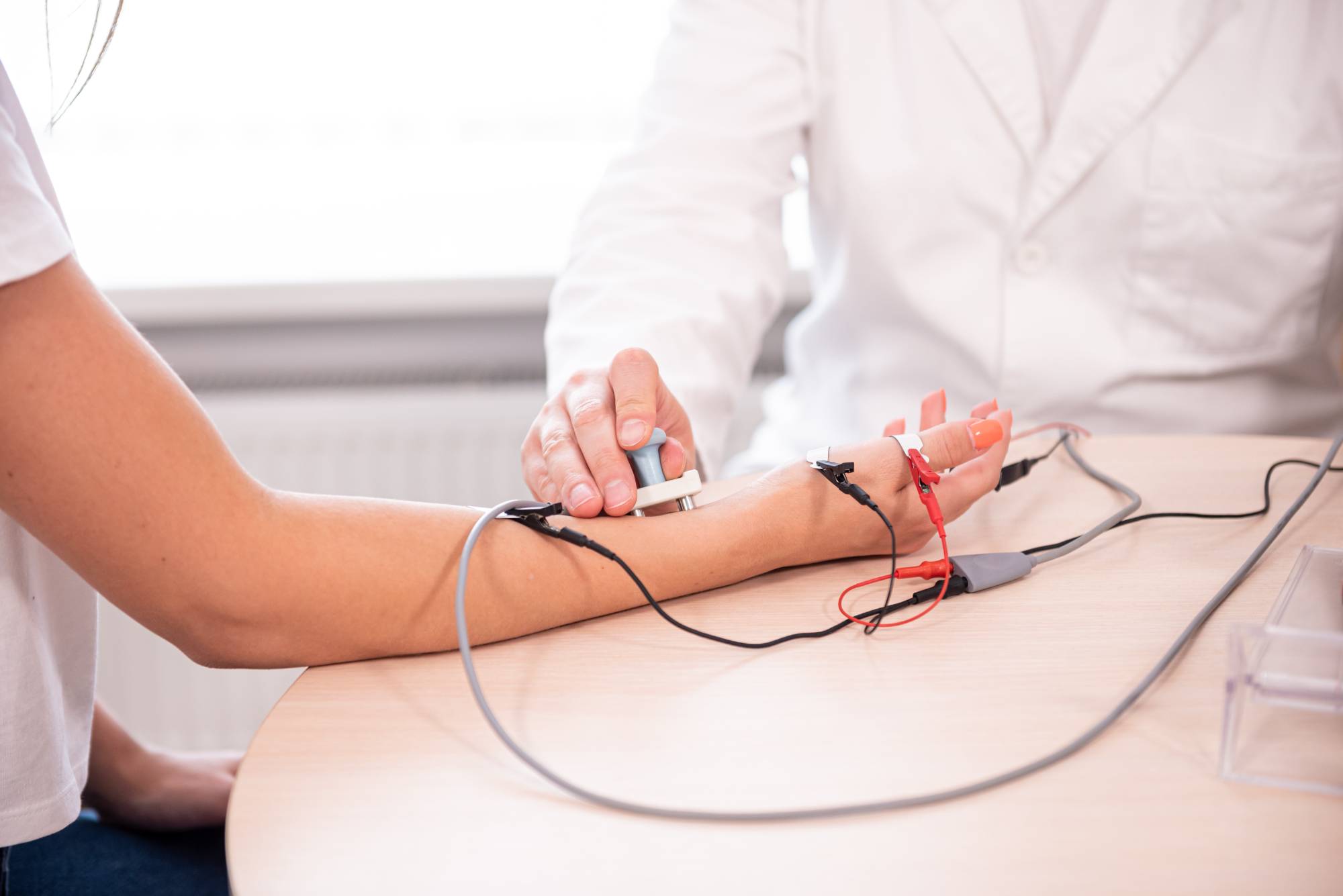
Your EMG testing appointment typically takes 30-60 minutes, depending on which areas need evaluation. The test has two parts: nerve conduction studies and electromyography.
First, small electrodes are placed on your skin to measure how well your nerves transmit electrical signals. You’ll feel mild electrical pulses, but most patients find this completely tolerable.
Next, a thin needle electrode is inserted into specific muscles to measure their electrical activity. While this sounds uncomfortable, the needles are very fine and most people describe it as similar to getting blood drawn.
Throughout the entire process, we explain what we’re finding and answer any questions. You’ll receive your results immediately after testing, along with a clear explanation of what they mean for your treatment options.
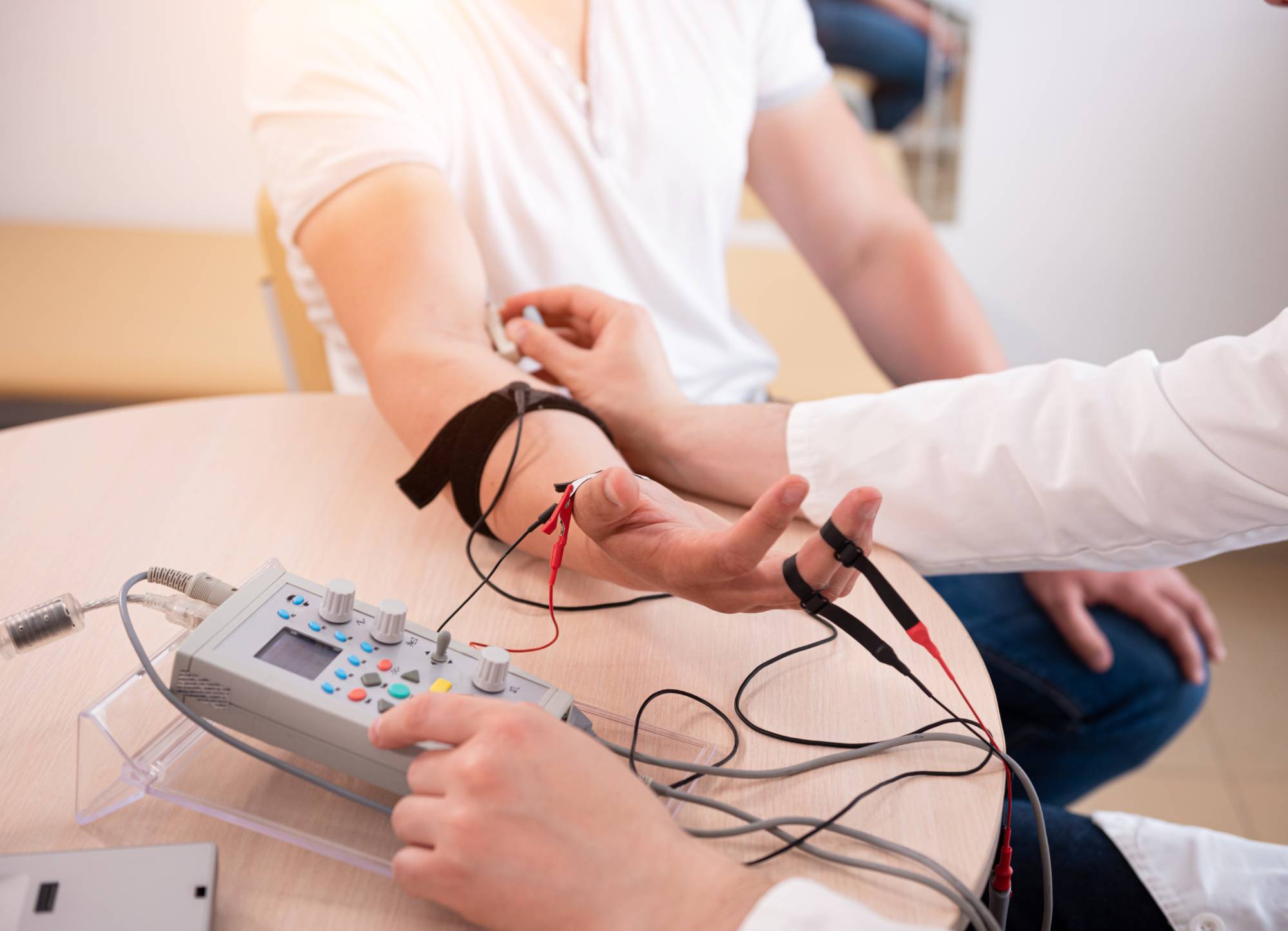
Ready to get started?
Your EMG testing includes both electromyography and nerve conduction studies, giving a complete picture of your nerve and muscle function. This comprehensive approach identifies conditions like carpal tunnel syndrome, sciatica, diabetic neuropathy, and various muscle disorders.
The testing evaluates nerve transmission speed, muscle response patterns, and identifies exactly where problems are occurring. This precision helps distinguish between different conditions that might cause similar symptoms.
You’ll receive detailed results immediately after testing, along with recommendations for treatment options. If additional spine or pain management services are needed, everything can be coordinated through our practice for seamless care.
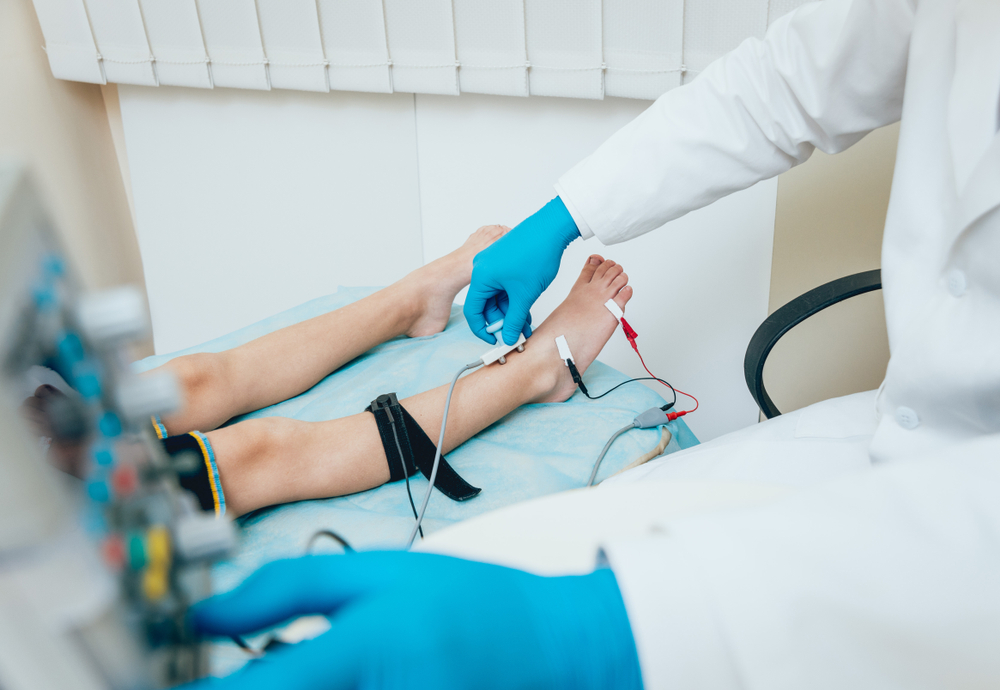
New York:
Florida:
Support